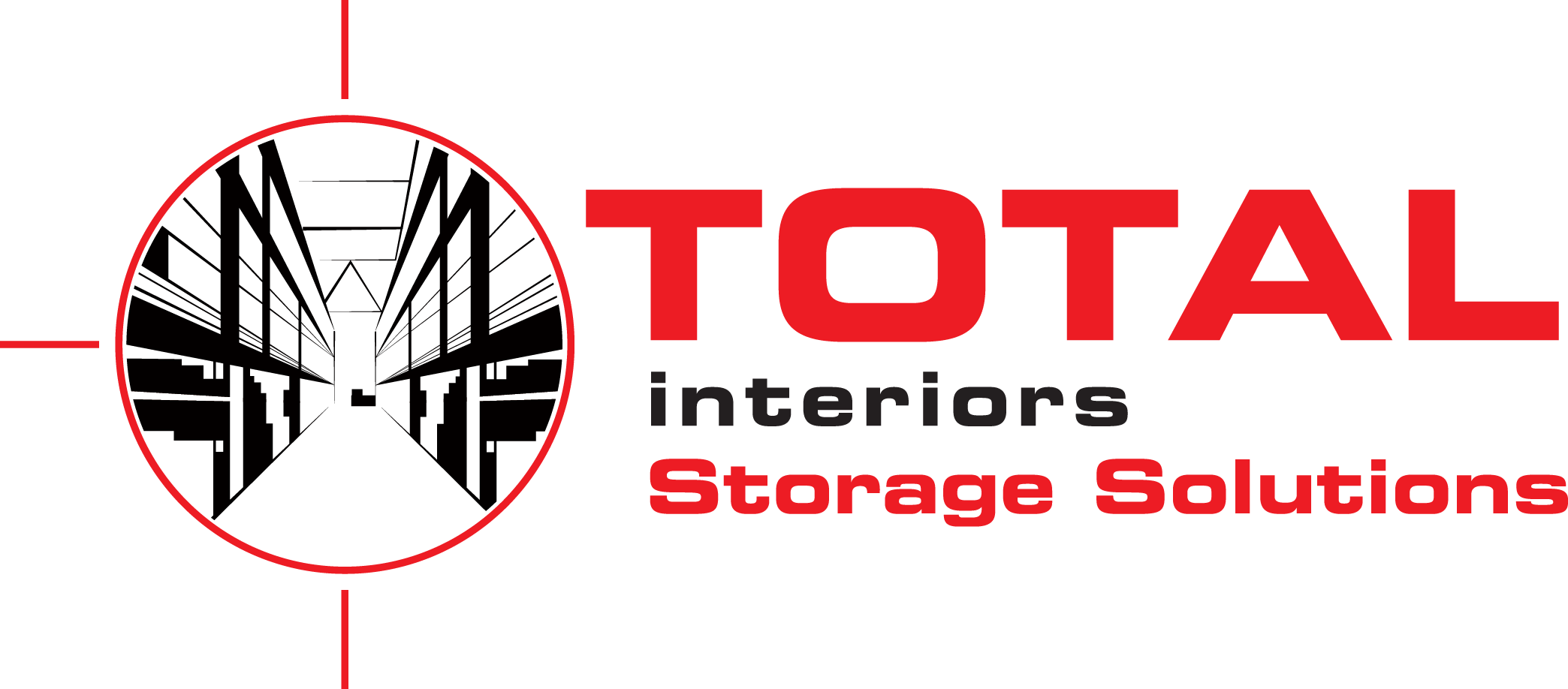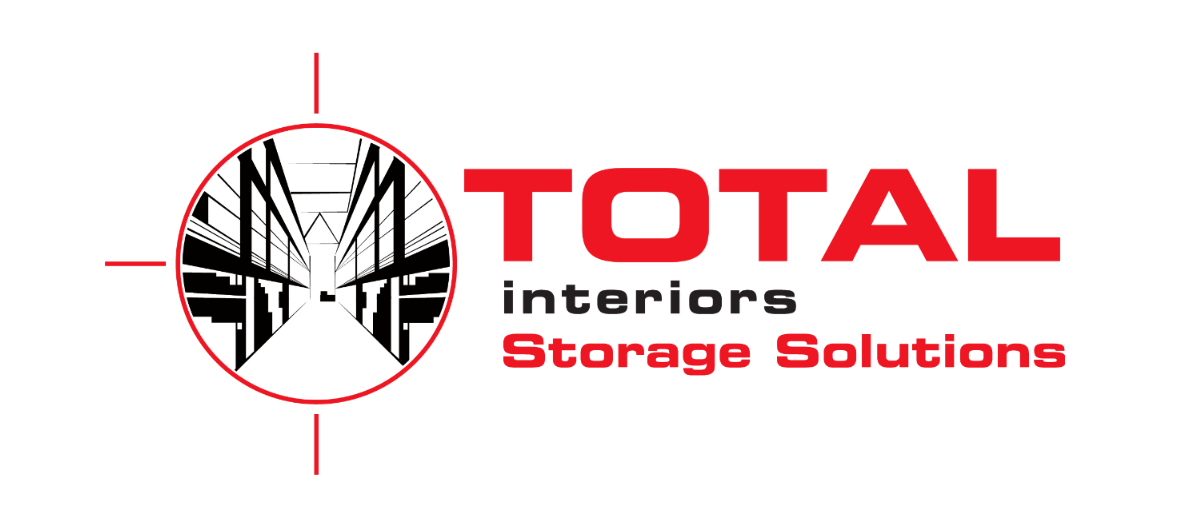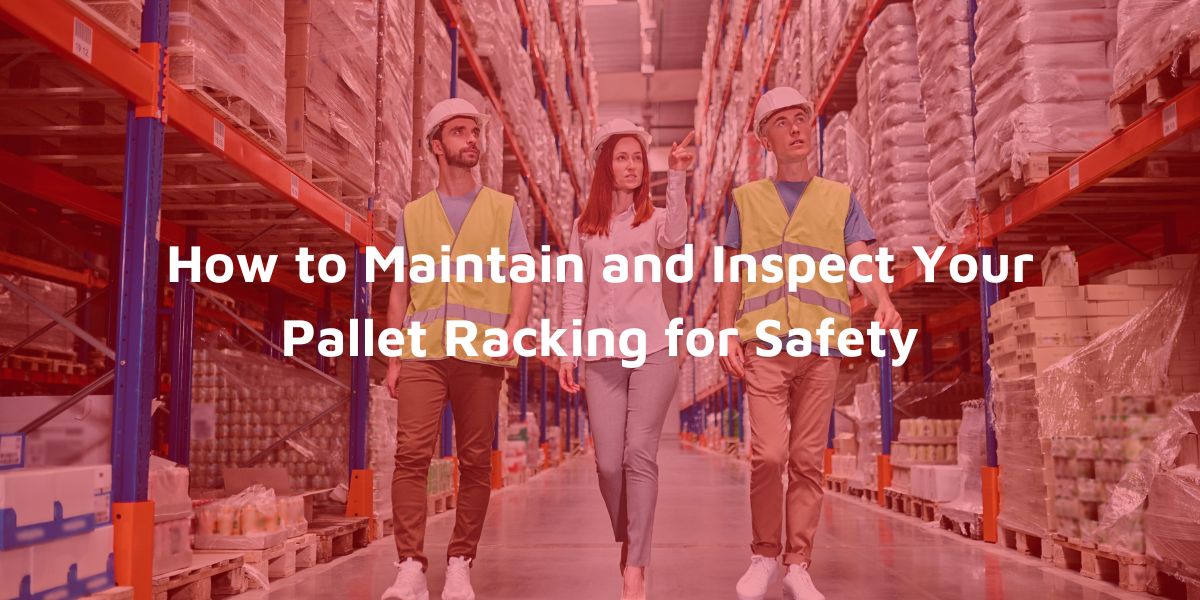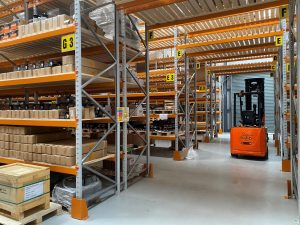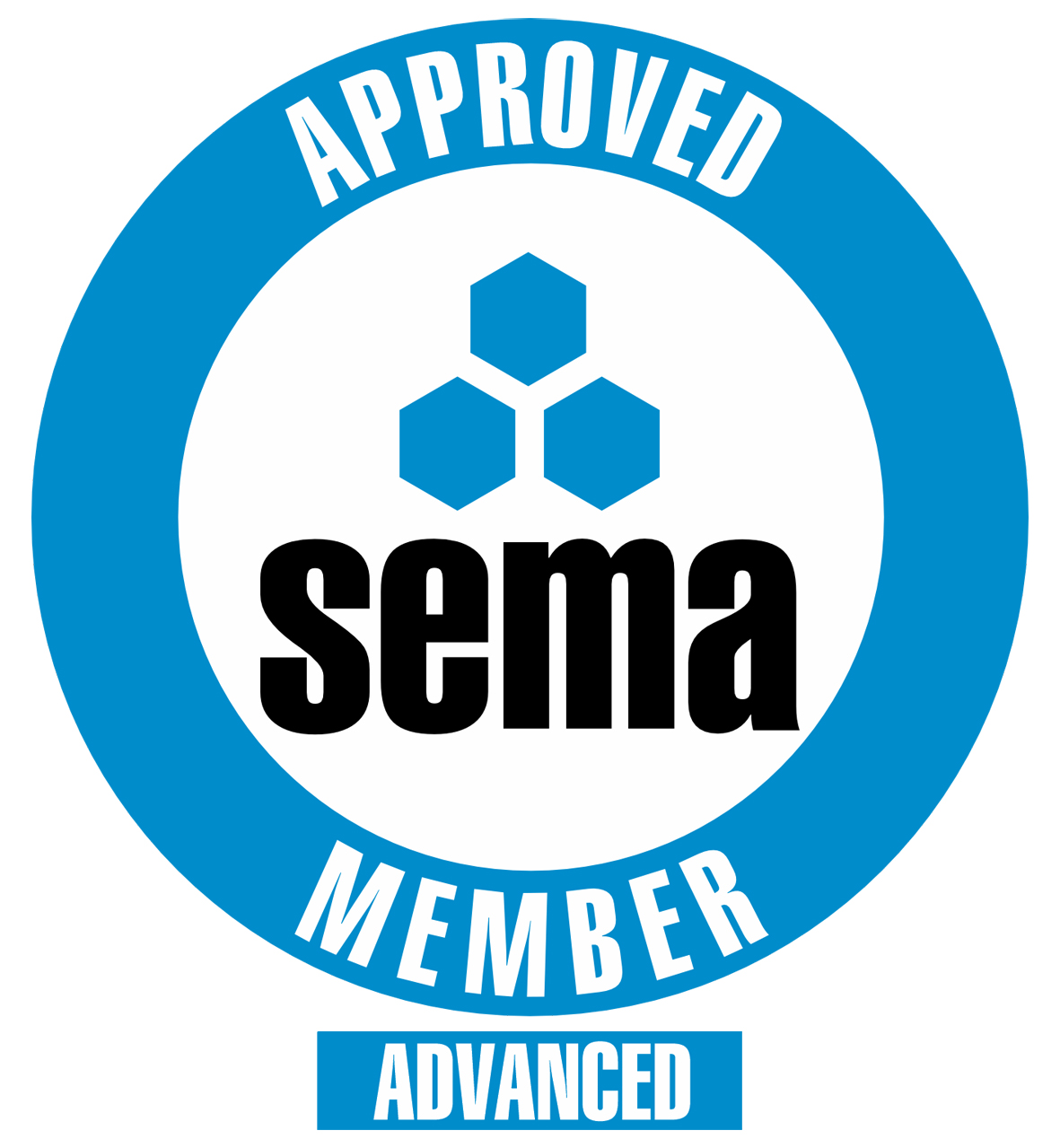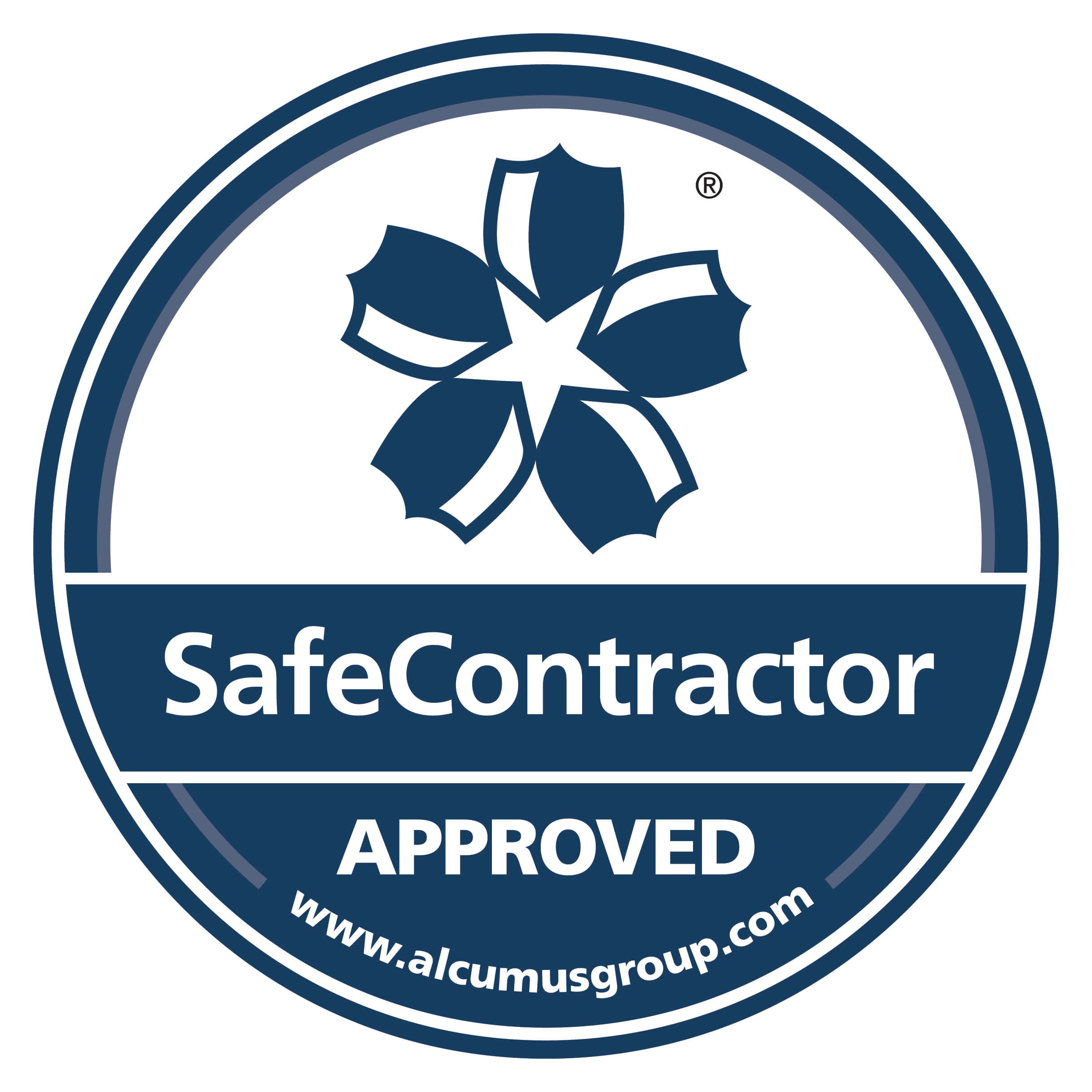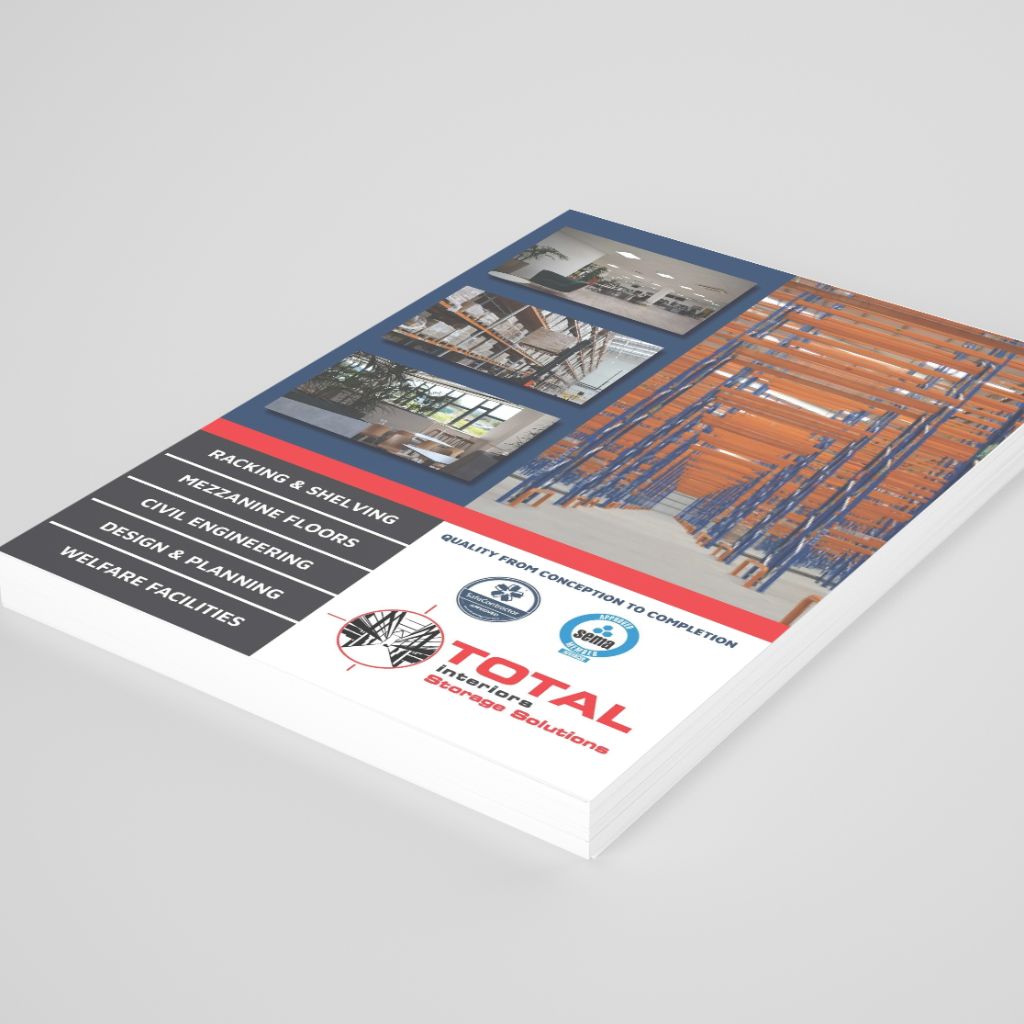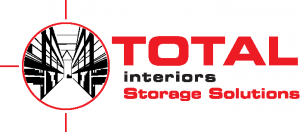Pallet racking is a true workhorse in the warehouse world — often taken for granted until something goes wrong. From minor knocks by forklifts to serious misalignments and dangerous overloading, keeping your racking in top shape isn’t just good housekeeping — it’s the law.
In this post, we’ll walk you through how to properly inspect and maintain your pallet racking system, avoid common pitfalls, and know when it’s time to repair or replace components. Safety and compliance are the name of the game — and we’re here to help you stay ahead of the curve.
🔍 Why Routine Pallet Racking Inspections Matter
Let’s be real: warehouses are fast-paced environments. With forklifts zipping around and stock constantly moving, your racking takes a beating — sometimes daily. Even the smallest dents or misalignments can spell disaster if left unchecked.
Here’s why inspections should be a regular part of your routine:
- Prevent accidents: Damaged racking is a major safety hazard.
- Legal compliance: In the UK, PUWER (Provision and Use of Work Equipment Regulations 1998) requires employers to keep equipment safe for use.
- Insurance protection: Claims can be denied if it’s found you didn’t maintain your storage systems.
- Avoid costly downtime: Early detection = quicker fixes = fewer interruptions.
🚩 Common Pallet Racking Issues to Look Out For
Not sure what you’re supposed to be looking for? Here are some of the most common problems:
1. Visible Damage
Knocked upright frames, bent beams, or chipped paint might seem minor, but they can seriously weaken the structure. Don’t ignore dents — they’re often the first red flag.
2. Misalignment
Racking should be perfectly straight. Leaning frames or uneven beams could indicate underlying structural damage or poor installation.
3. Overloading
Too much weight? Big no-no. Each system has a specific load capacity — and exceeding it can cause a catastrophic collapse. Make sure staff are trained to understand those limits.
4. Missing Safety Pins or Beam Locks
These tiny parts are easy to overlook but play a massive role in keeping the system secure. If they’re missing, beams can dislodge.
5. Rust and Corrosion
Especially in older or damp warehouses, rust can eat away at metal components and compromise structural integrity.
🛠️ Maintenance Tips to Keep Your Pallet Racking in Shape
Here’s how to stay on top of your game with a solid maintenance routine:
- Weekly visual checks: Train warehouse staff to scan for visible damage during their shifts.
- Monthly supervisor inspections: Appoint a designated racking inspector to carry out a more detailed review.
- Annual professional inspection: Bring in a SEMA (Storage Equipment Manufacturers’ Association) approved inspector for a full check-up.
- Clean regularly: Remove dust, packaging debris, and spills to prevent slipping hazards and corrosion.
- Load signs: Post clear signage with loading limits to remind everyone what’s safe.
📋 UK Legal Requirements You Need to Know
In the UK, maintaining your pallet racking isn’t just good practice — it’s a legal responsibility. Here’s a quick rundown of the regulations:
- PUWER 1998: Requires that all work equipment (including racking) is maintained in a safe condition.
- Health and Safety at Work Act 1974: Mandates the duty of care to employees, which includes a safe working environment.
- SEMA Codes of Practice: While not law, following these industry standards helps prove due diligence in the case of an incident.
💡 Pro Tip: If your racking is installed, altered, or inspected by unqualified professionals, your insurance or compliance claims could be at risk.
🔄 Repair or Replace? How to Decide
So, you’ve found an issue — now what? Here’s a simple way to break down your next move:
✅ Repair If:
- The damage is minimal (e.g., small dents, scratches, or missing safety locks)
- The component can be replaced easily (like a beam or clip)
- The structure isn’t visibly leaning or unstable
- You’ve consulted a racking professional for confirmation
❌ Replace If:
- The frame or upright is bent or twisted
- There’s significant corrosion
- There are repeated issues in the same area
- Load capacity has been compromised
Important: Never attempt DIY repairs with non-original parts or welds. Always follow the manufacturer’s recommendations and use trained professionals.
🧠 Training and Culture: Your Best Defence
The best safety systems in the world won’t help if your team isn’t on board. Embed a culture of safety by:
- Offering racking safety training during onboarding
- Creating a “report it immediately” culture
- Posting visual inspection guides in staff areas
- Rewarding teams for spotting and reporting hazards
✅ Final Thoughts: Safety Isn’t Optional
Pallet racking is one of those things that works perfectly… until it doesn’t. And when it fails, the results can be disastrous — from product loss to serious injury. But the good news? With a regular maintenance schedule, trained eyes on the ground, and professional inspections, you’ll be ahead of the game.
📌 FAQs
Q: How often should pallet racking be inspected?
A: Visual inspections should happen weekly. A detailed inspection by a trained staff member monthly. Bring in a professional at least once a year.
Q: Can I repair damaged racking myself?
A: It’s not recommended. Always use a qualified technician and original parts. DIY fixes can invalidate insurance and void safety compliance.
Q: Do I need to follow SEMA guidelines?
A: It’s not the law but strongly advised. Following SEMA Codes of Practice helps demonstrate your commitment to safety and compliance.
Q: What’s the maximum load for pallet racking?
A: It depends on the racking design. Always check the manufacturer’s specifications and display load signage clearly.
🛒 Need Help with Your Racking System?
At Total Interiors Direct, we offer everything from new pallet racking solutions to professional inspections and repairs. Whether you’re expanding your warehouse or looking to upgrade your safety game, we’ve got you covered.
Check out our full range of pallet racking solutions or get in touch for a quote today!
